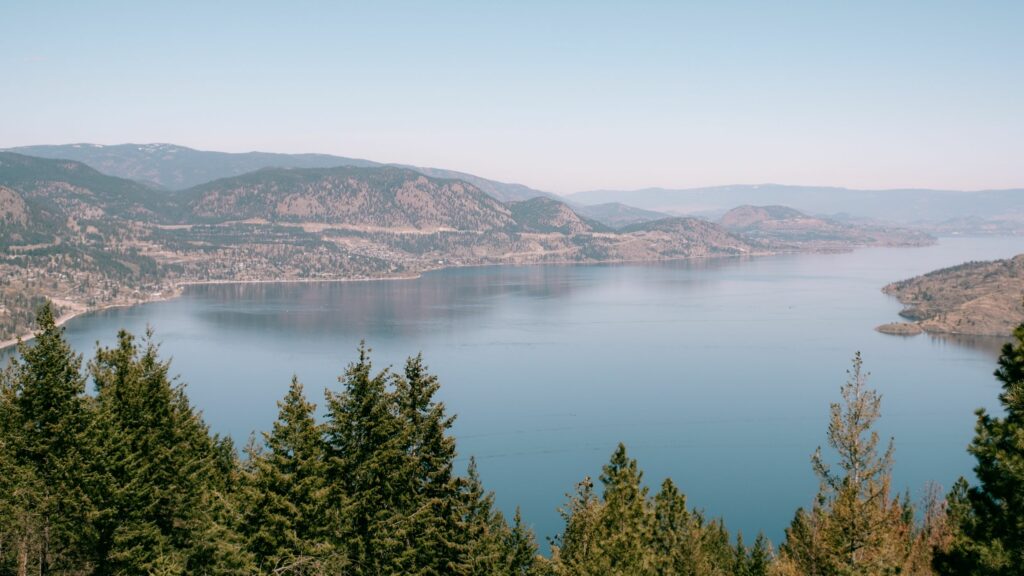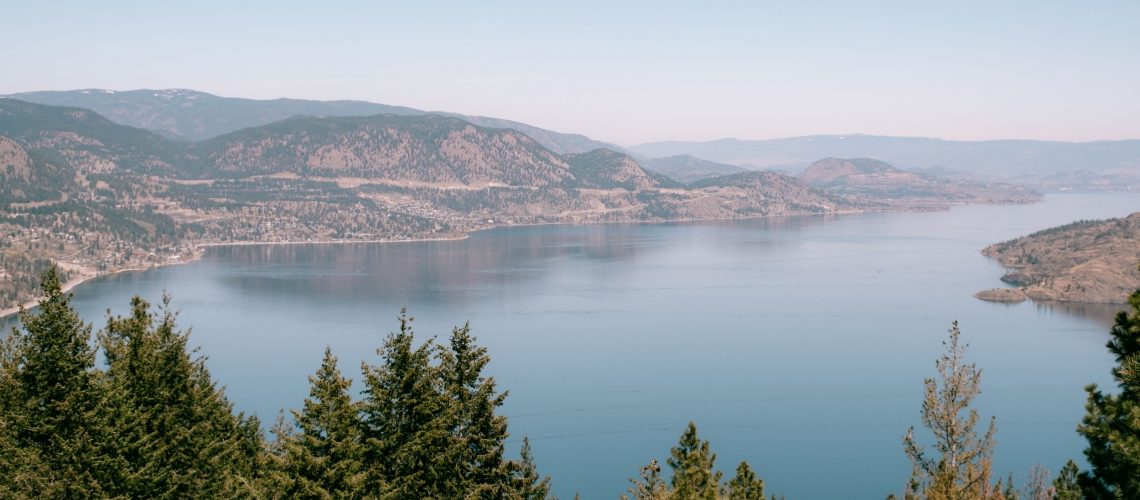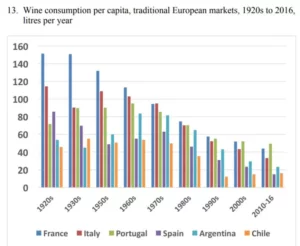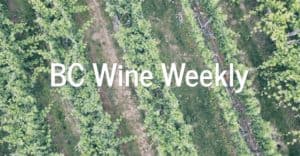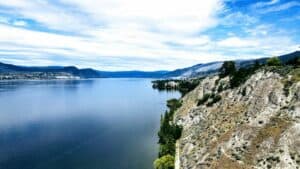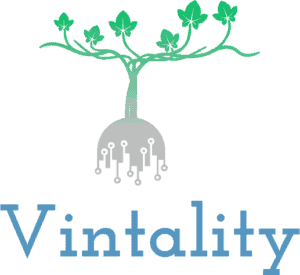We can never stop asking “Where are we going?”
If you stop and think about how many of your conversations, especially around our work in the wine industry, focus on this very question.
And there’s conflict in the asking. Should we go here or there? Is the answer in the past, a sign we passed along the way, or is it in a new, uncharted future?
The Spanish writer Miguel de Unamuno captures this tension beautifully:
“Yes, I know, I know very well, that it is madness to seek to turn the waters of the river back to their source, and that it is only the ignorant who seek to find in the past a remedy for their present ills; but I know too that everyone who fights for any ideal whatever, although his ideal may seem to lie in the past, is driving the world on to the future, and that the only reactionaries are those who find themselves at home in the present. Every supposed restoration of the past is a creation of the future, and if the past which it is sought to restore is a dream, something imperfectly known, so much the better. The march, as ever, is towards the future, and he who marches is getting there, even though he march walking backwards. And who knows if that is not the better way!“
I’ve been thinking about this because of a few conversations I’ve had recently.
One was on the challenges of doing regenerative agriculture here. Take Tablas Creek, probably the most famous and well-respected regenerative agriculture winery.
Recently, they’ve planted a site they’re dry farming. (It’s actually really cool, read about the site here).
But here’s the thing – that’s not possible here. In fact, much of what Tablas Creek does is not possible here. For starters, they have a few hundred acres. This gives them the capacity to have year-round livestock and other operations at scale. Further, they don’t have a “true” winter so they can keep cover crops year-round.
And guess what… they have a totally different soil! One that holds water and is conducive to general agriculture. One that allows you to dry farm.
Which brings me to my second conversation. It was posed to me: “Isn’t Okanagan soil pretty boring?”
When I heard this I wanted to shout – NO!!! No, no no!
(I was much more polite… I hope.)
Guess what – the BC interior (whether the Okanagan, Lillooet, or our other many valleys) has absolutely fascinating soil. I don’t know of a place in the world quite like it. Our soil is calcareous, but not limestone-derived. It’s the result of the glaciation, and the disappeared seas, that created this landscape. It’s very high in pH, abnd its calcium-rich, but not dominated so. It’s why many international experts misunderstand the soil here! It can mimic great wine regions and yet be totally unique.
And all these characteristics (and many more) bring the acidity that can shock the unaware. As one visiting German winemaker said: “What did you do to the fruit?” Nothing – that came from the soil!
[Which is partly why I’ll say what a lot of you know (or suspect): those fertiliser recommendations you get on your soil report are hot garbage. Our soil needs data based on our soil.]
Which brings me right round to where we started: Context matters.
As we chart our future, finding answers in the past or in the new, we won’t find success if we don’t embrace our unique place in that world. It’s almost a terroir of place within the wider wine world.
That means borrowing, begging, and stealing what works from others. But knowing enough about who we are, not just in the Okanagan but for all BC wine, to know what we have to leave behind. It is, I suppose, partly a question of what makes us us – and leaning into that.
Now I, very obviously, don’t have the answers for what comes next, what major steps need to be taken for BC wine. Ultimately, it’s something that happens as a community and with all the very smart, hyper-capable people we have in our industry.
But I do know that as we keep making those decisions, we can’t forget where we are, who we are. What really makes us unique and makes our wine worth drinking.
And a big part of that – we have amazing soil, dammit!

